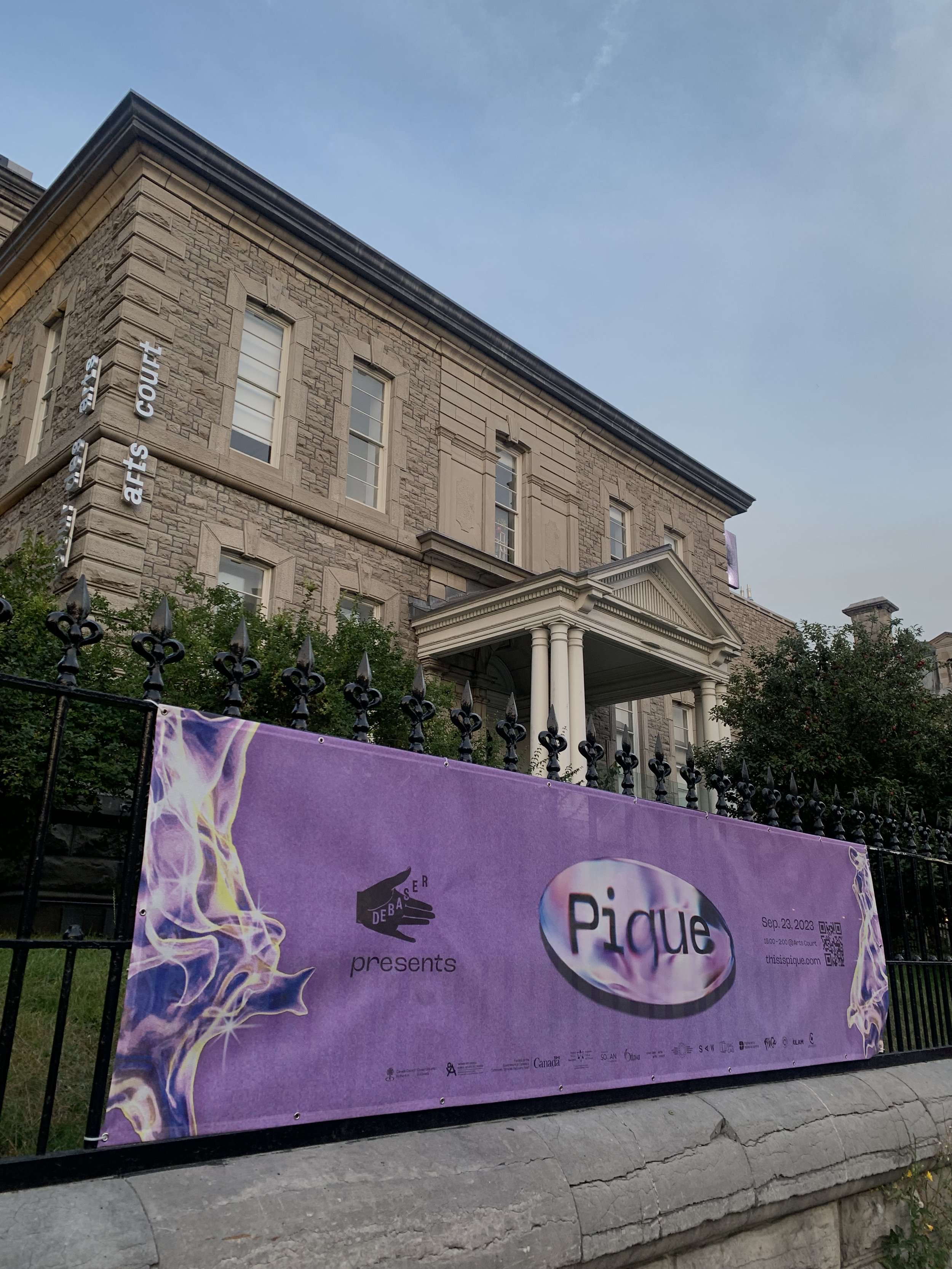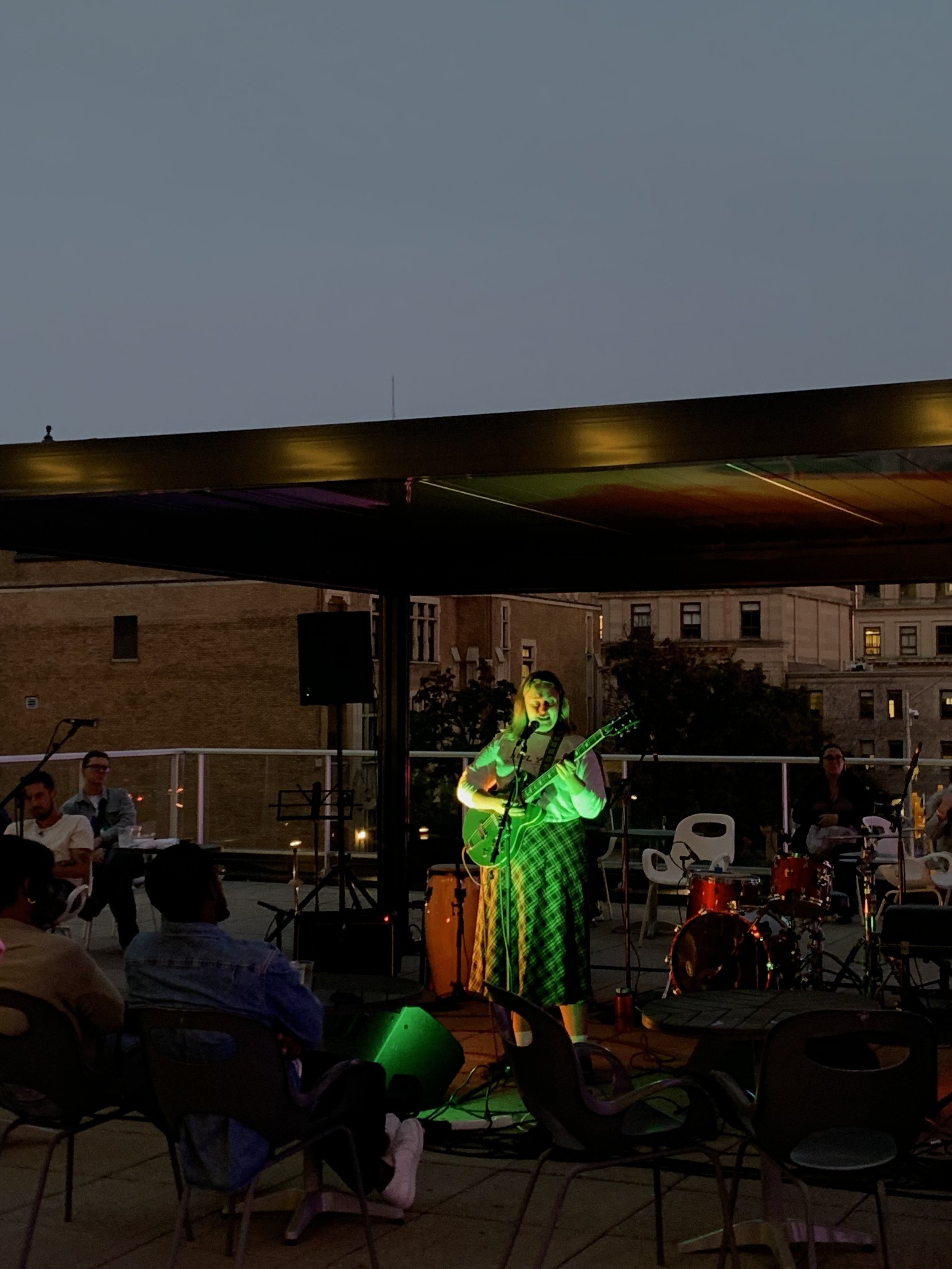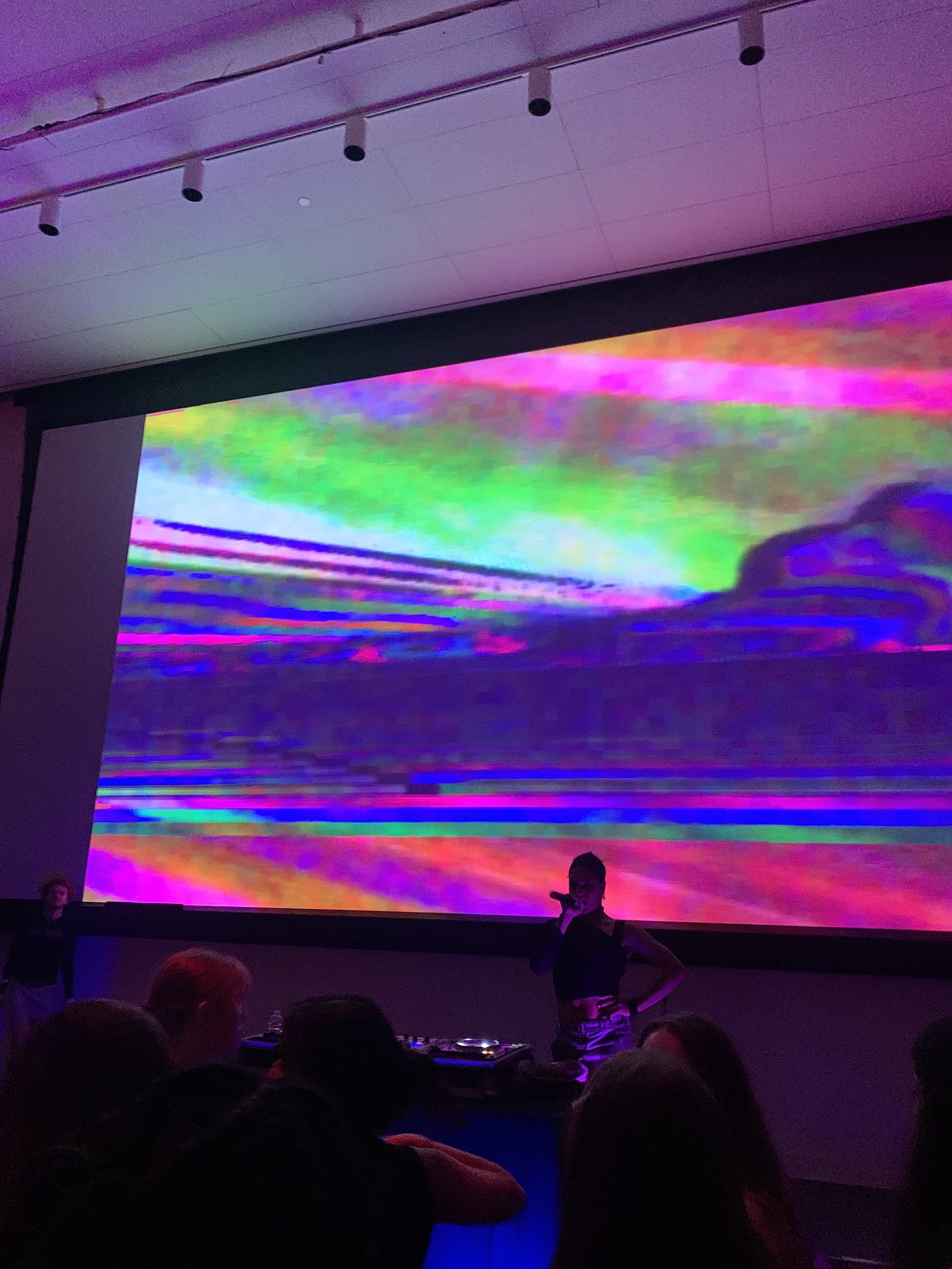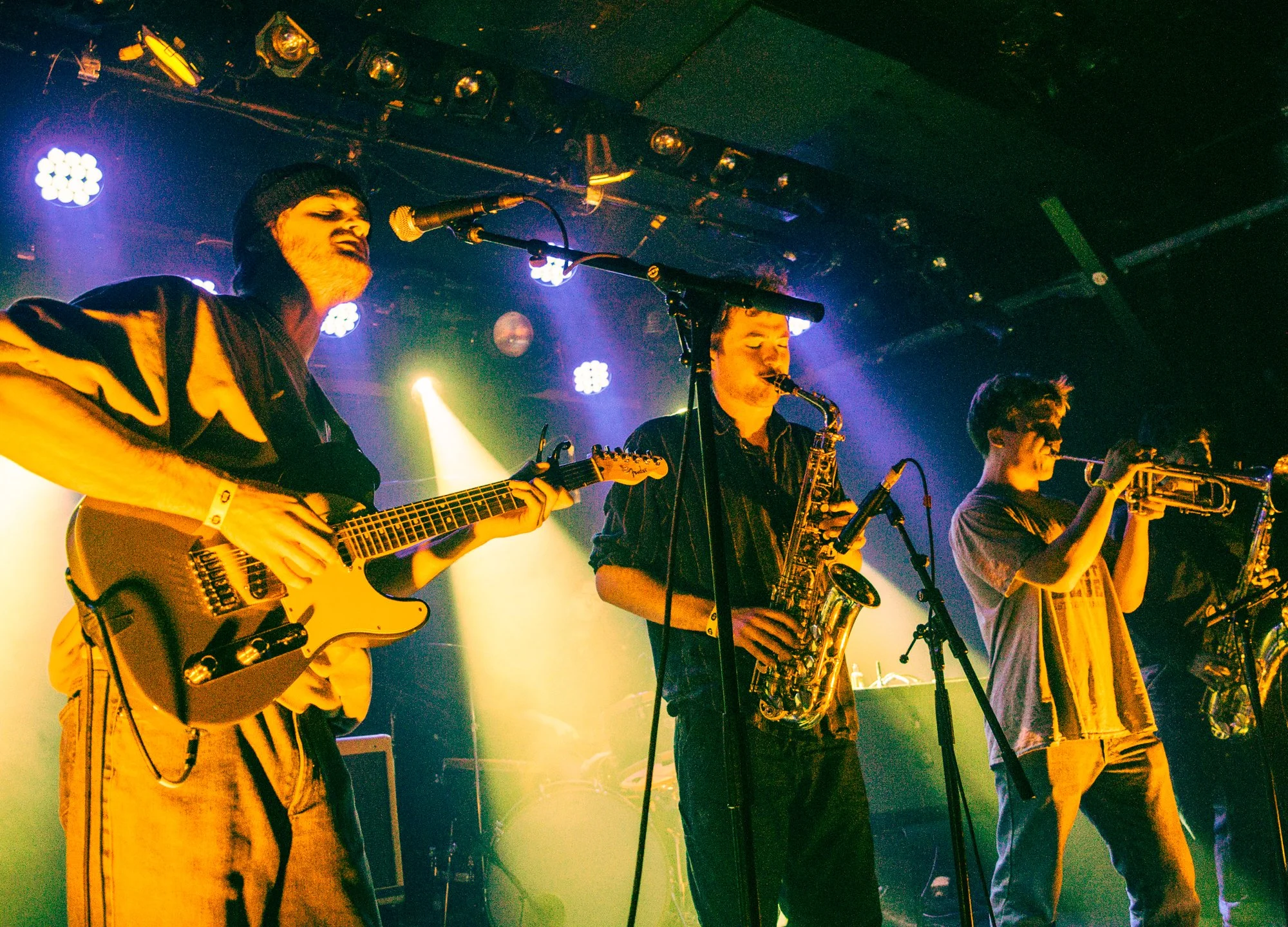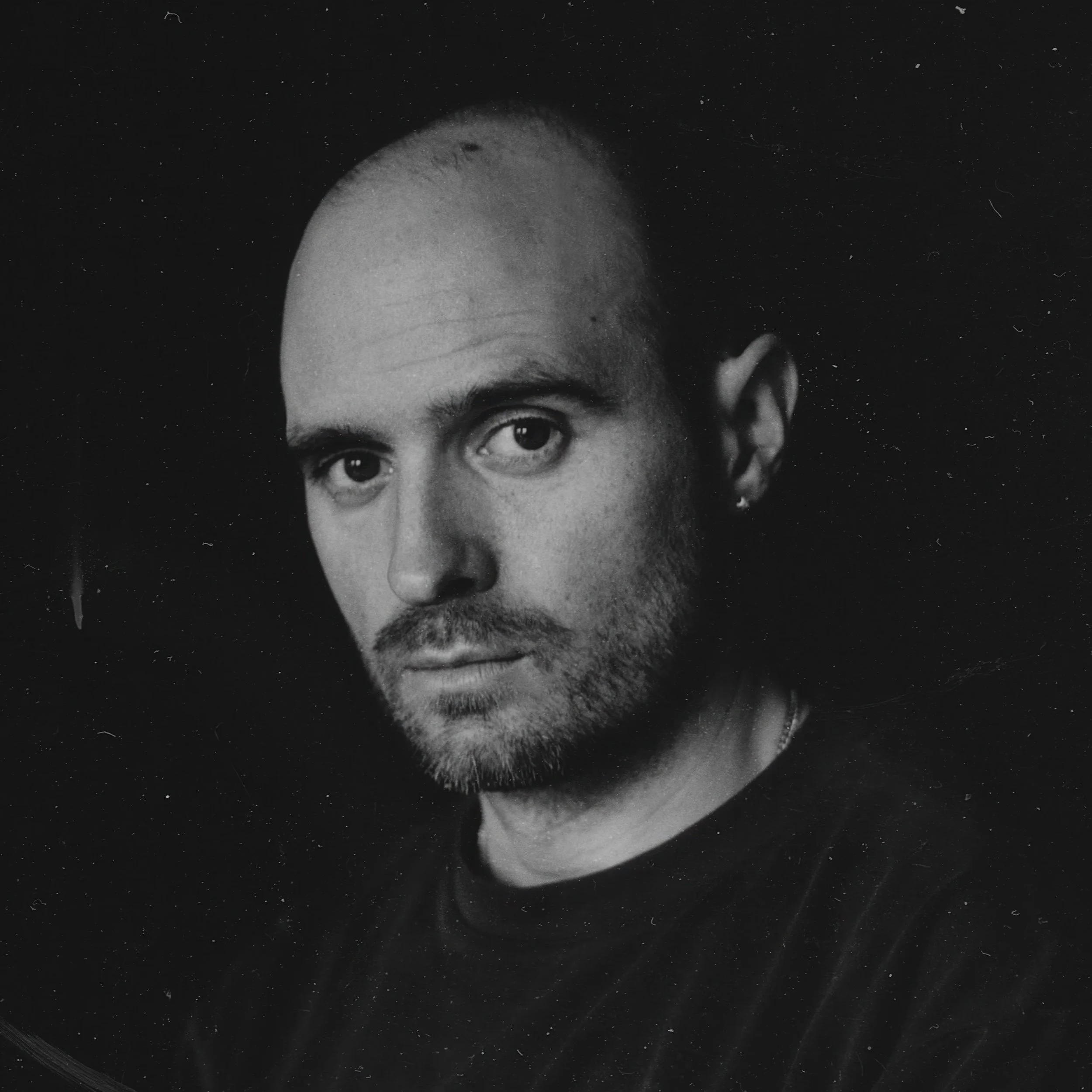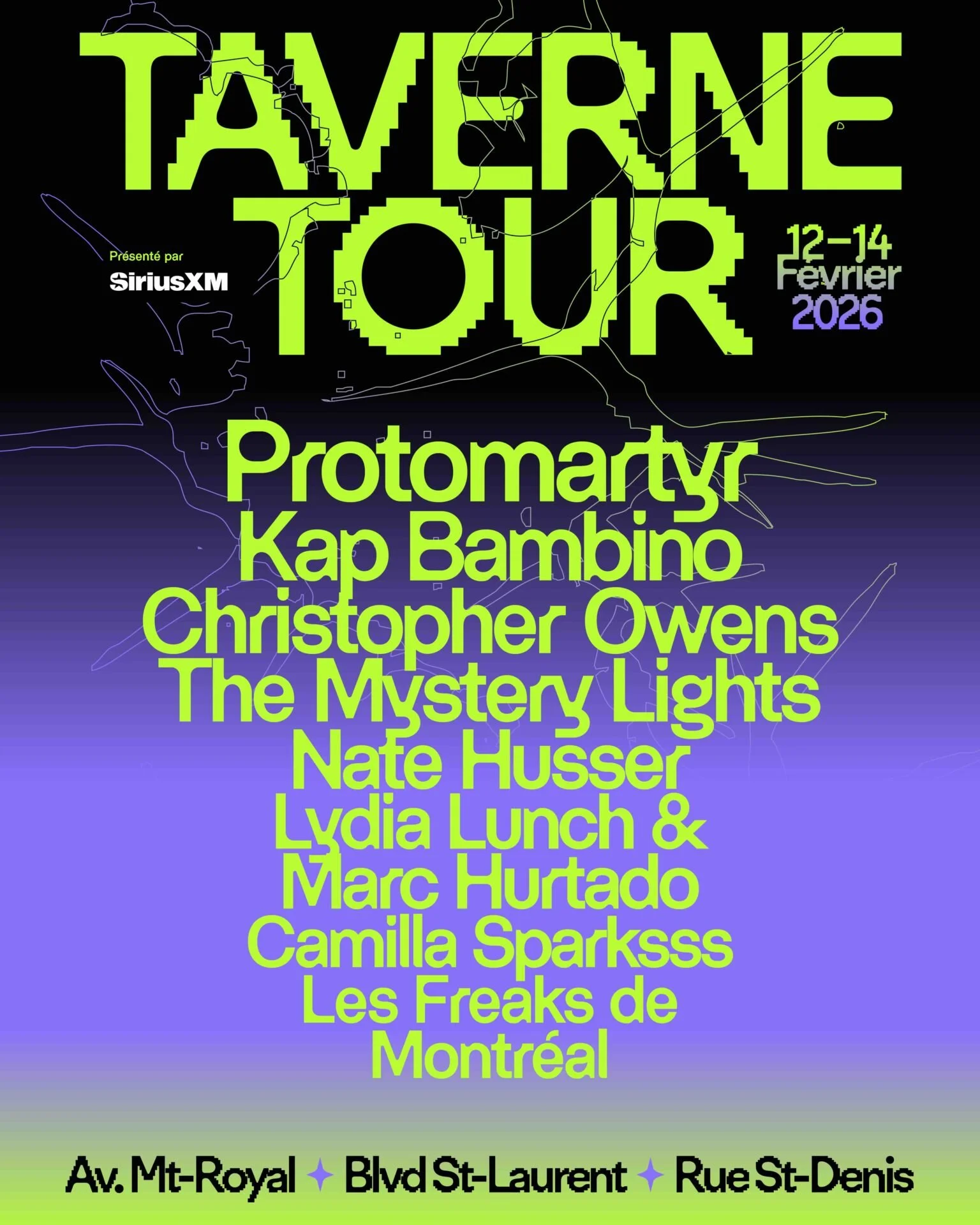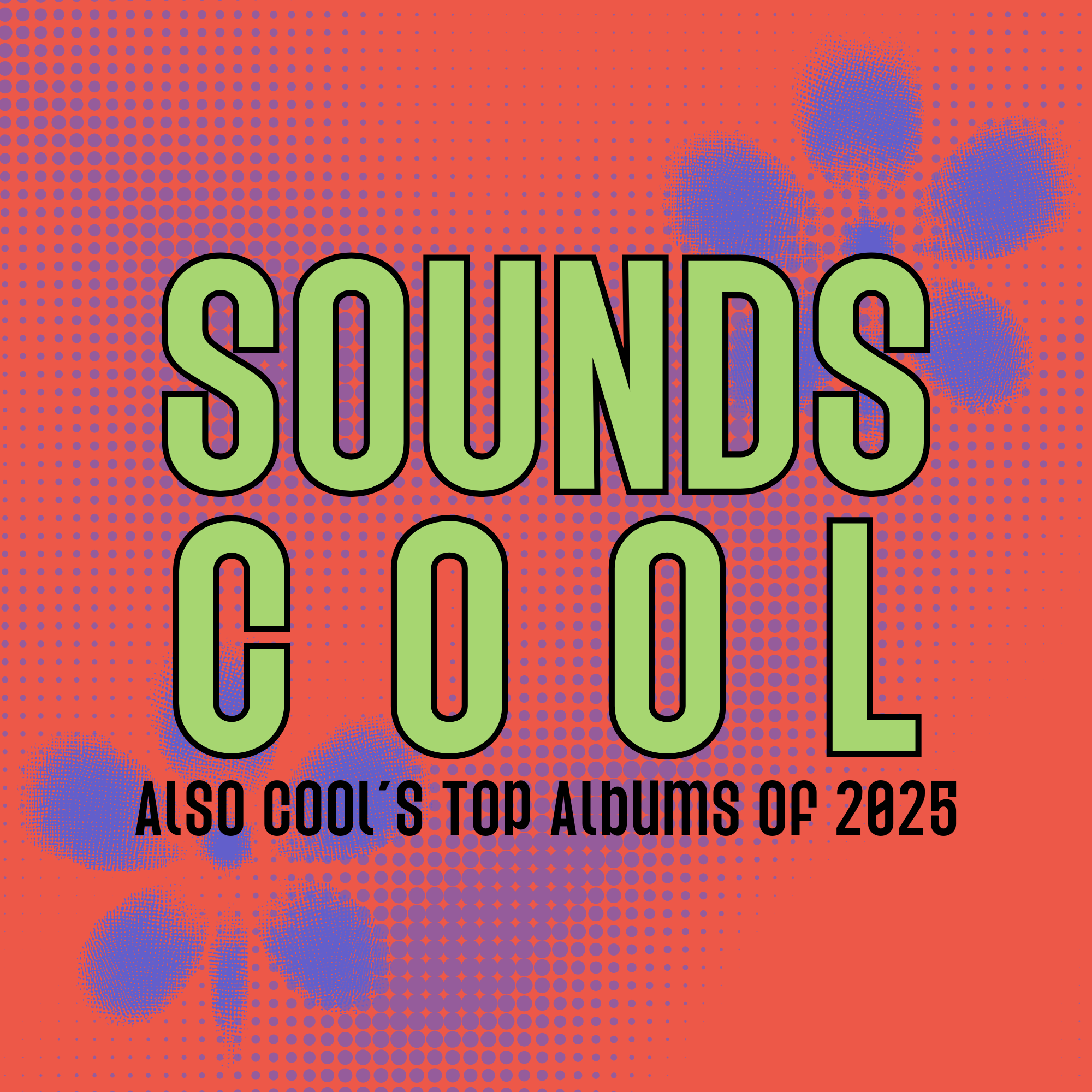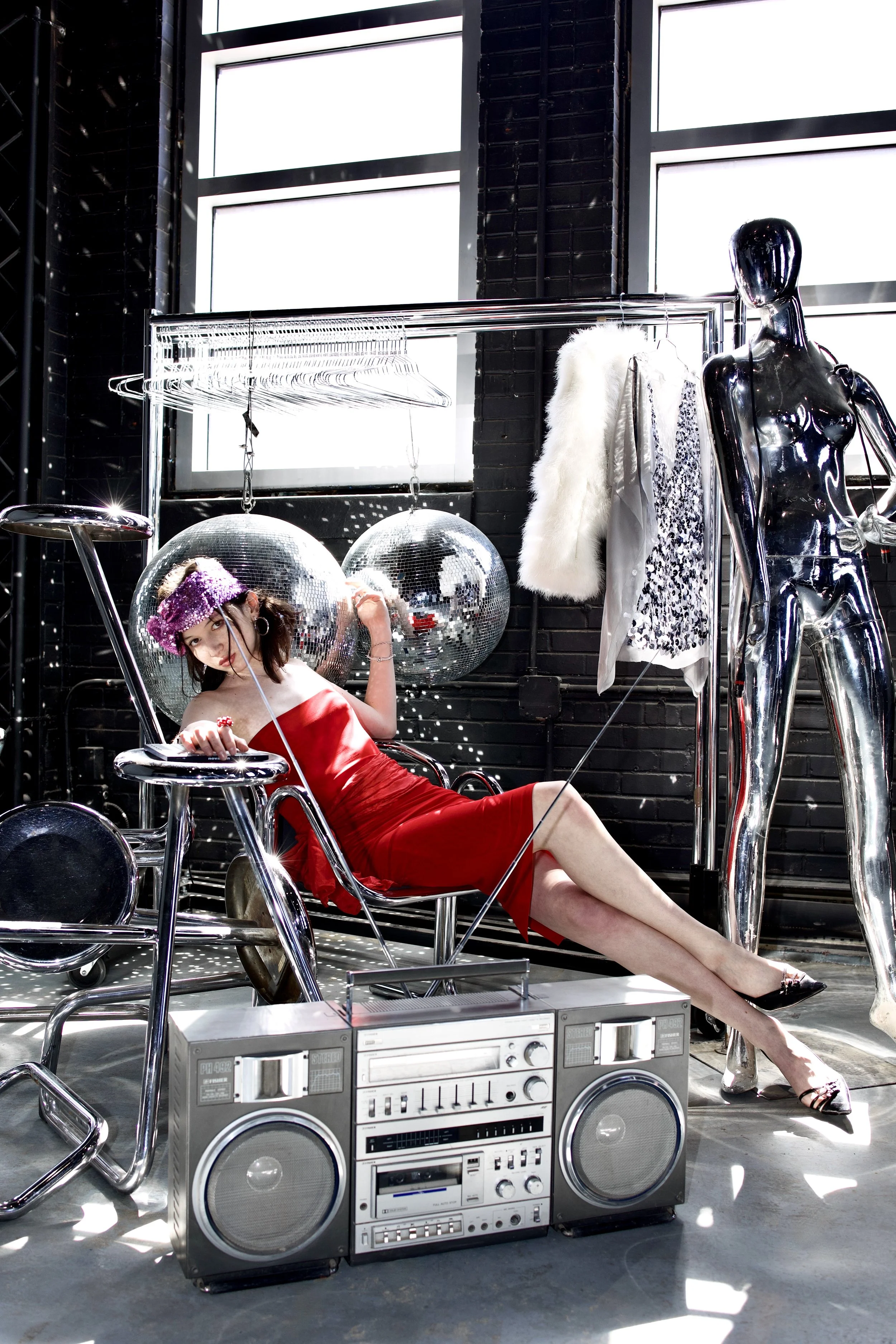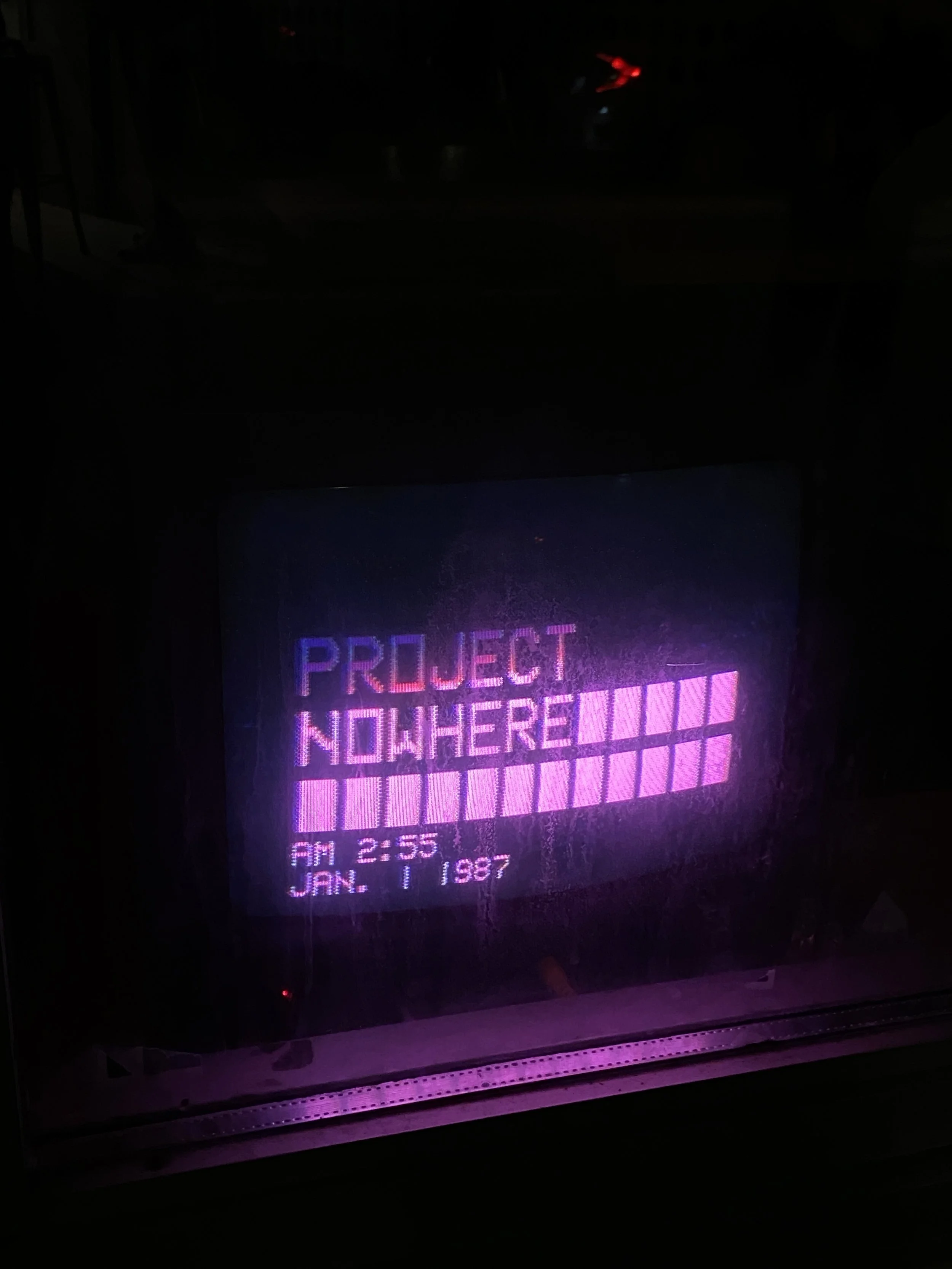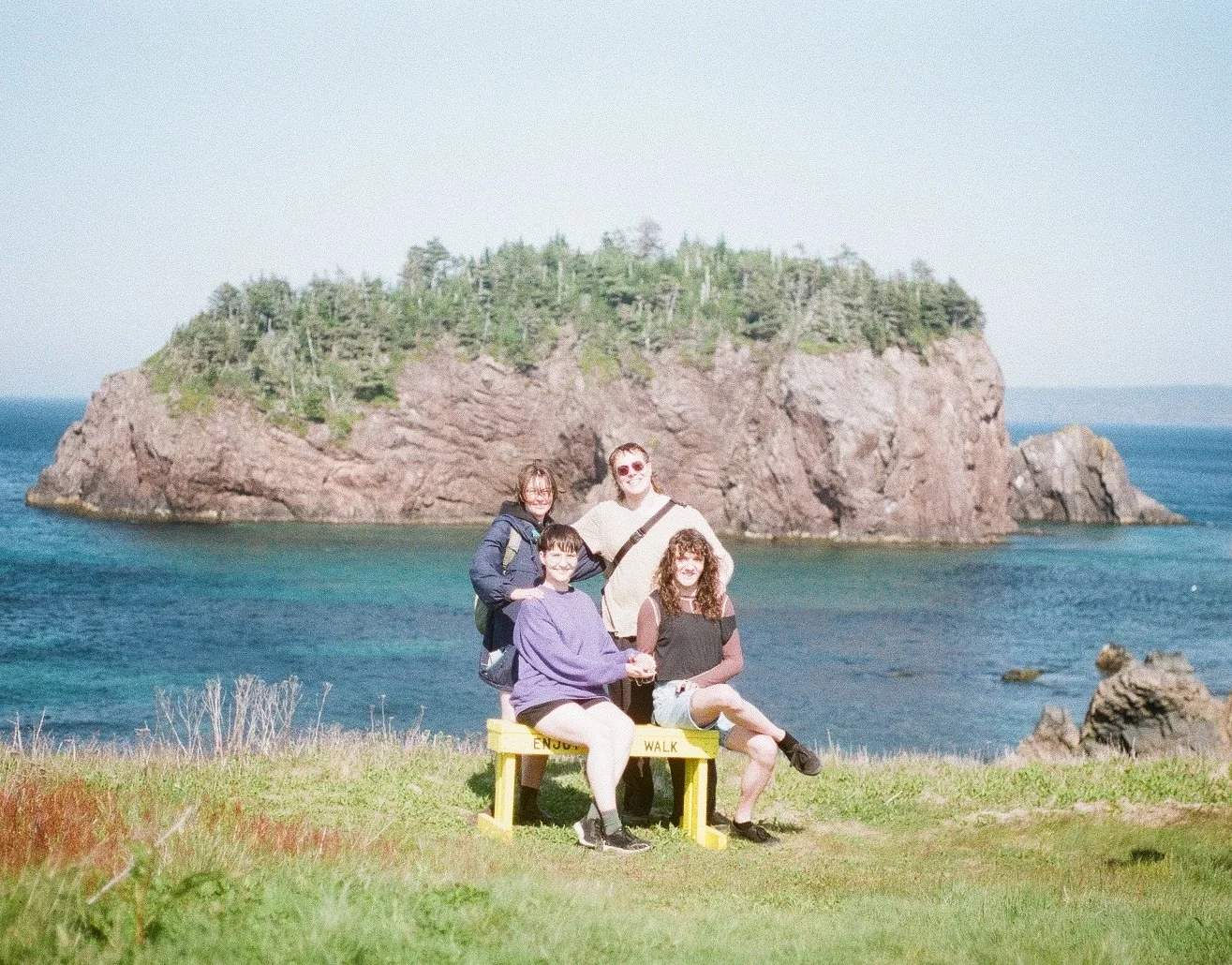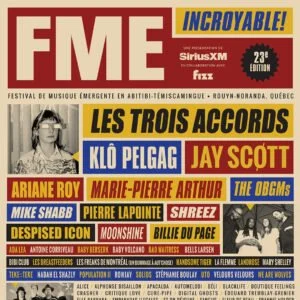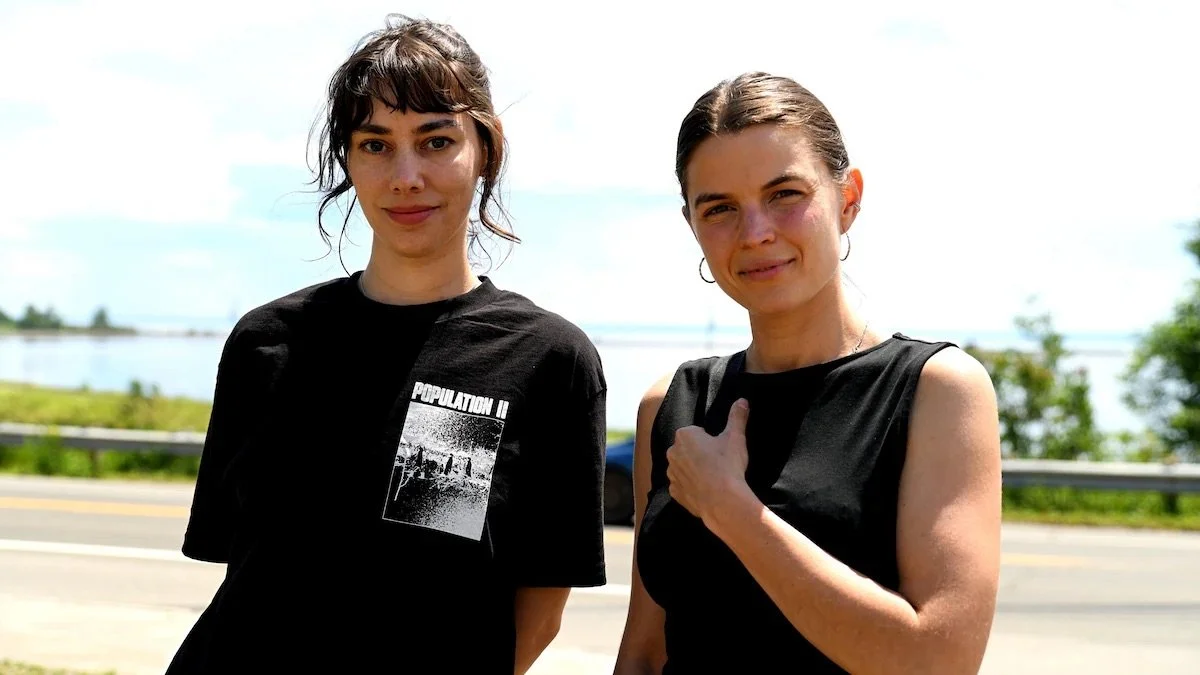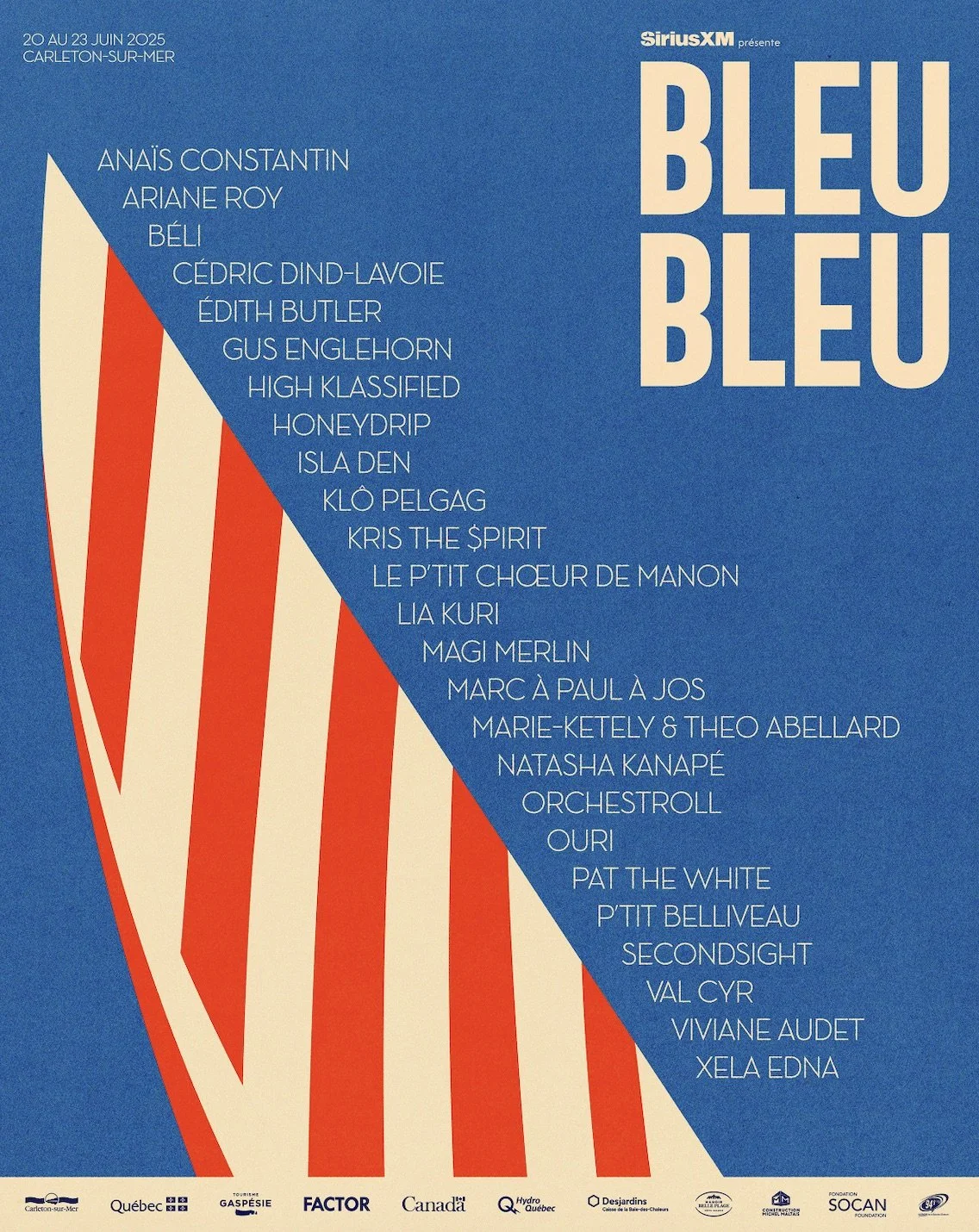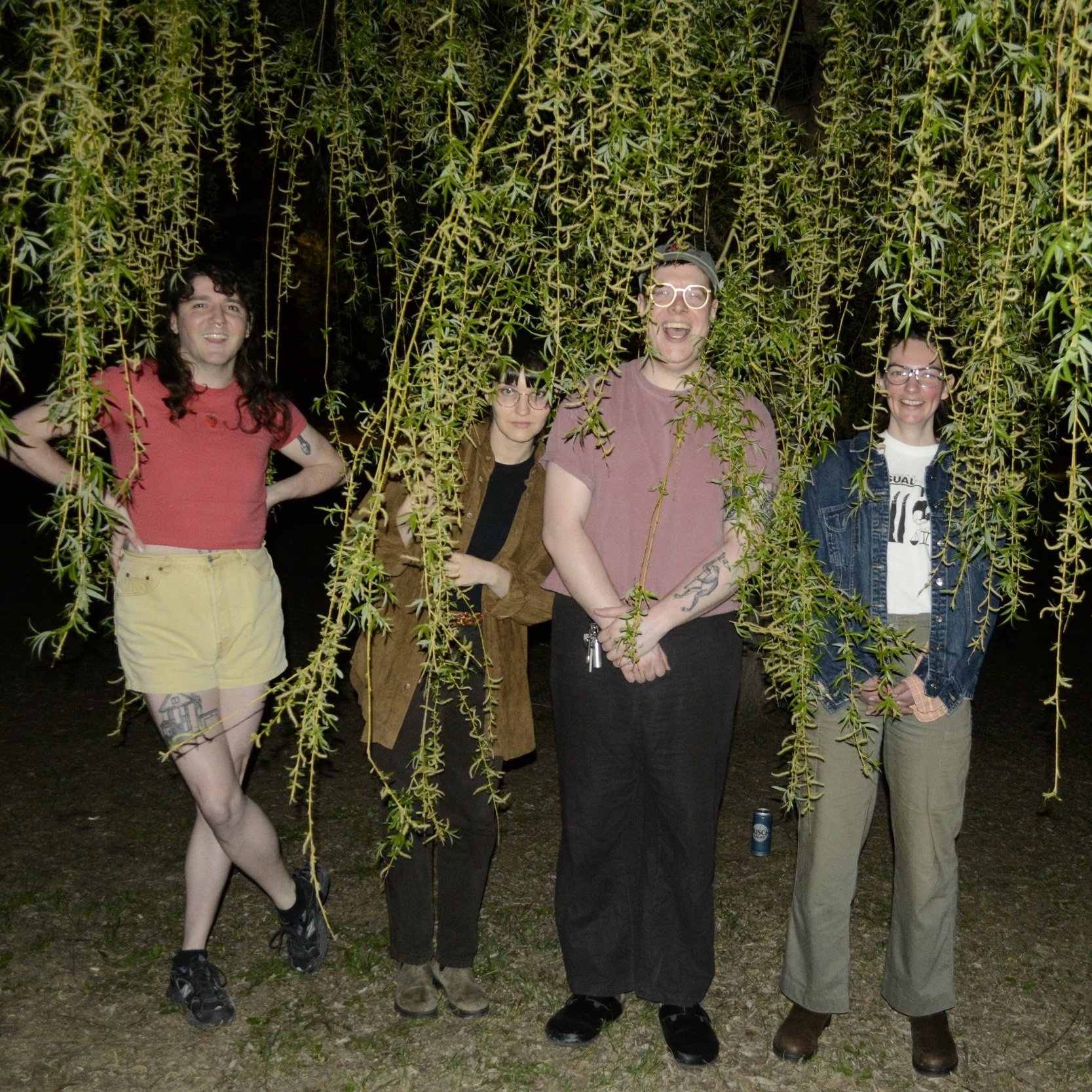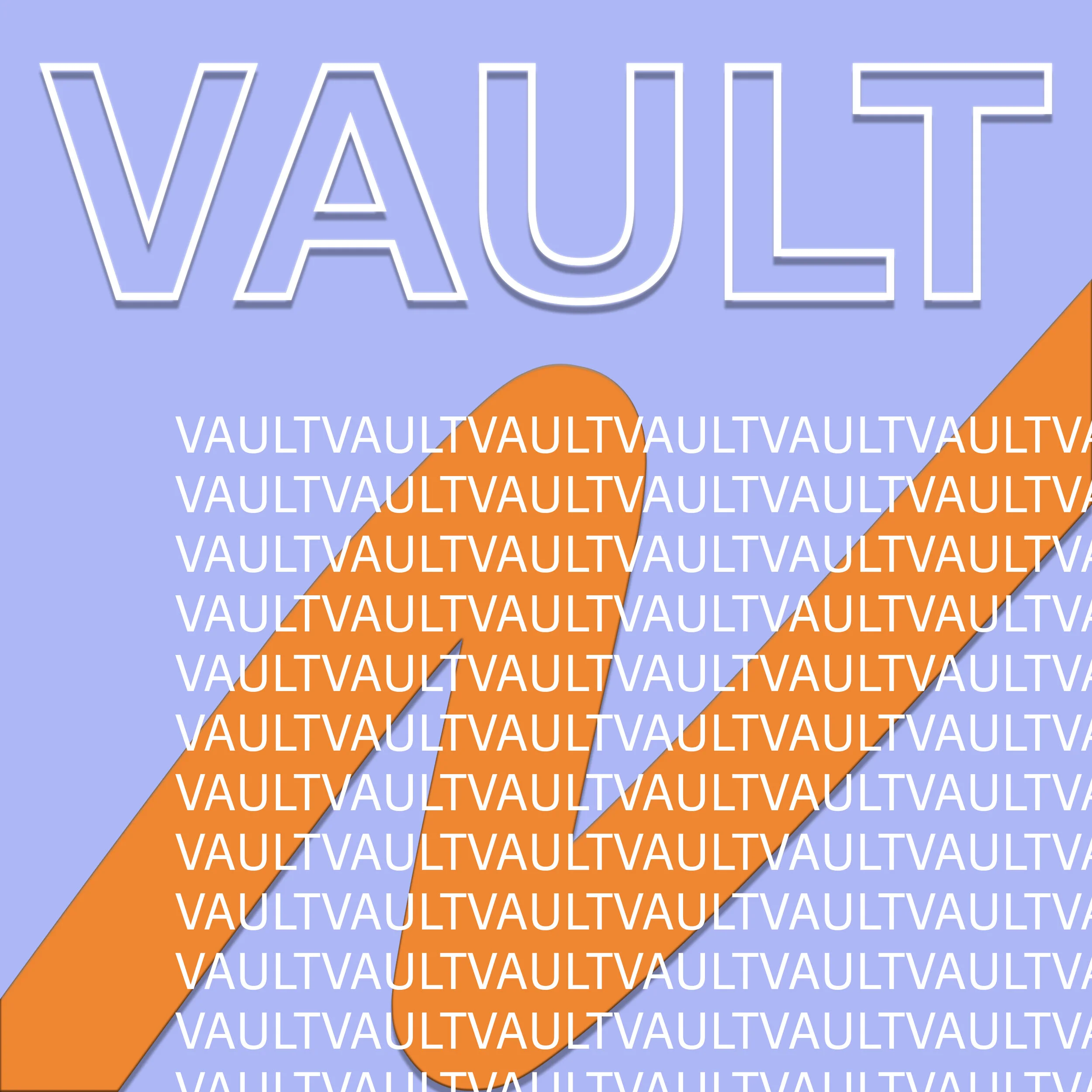AC: For someone who's never attended a rave before, what would you say have been the greatest lessons you've learned from those experiences?
D: Wow this is a really great question. One of the things that makes raving such a profound aspect of who I am today, is how it can be an extremely personal thing, yet a broader social/community-based undertaking at the same time. Raving has opened up a whole new understanding of embodied existence to me, a relationship between self and the physical that I was never able to fully grasp before moving to Montreal. It has taught me how to be with my physical self, and has offered the resentment I had developed growing up as a trans/non-binary individual, the opportunity to heal.
Celebration is important. Having spaces we can experiment, escape, and explore relationships with ourselves and one another are founding sentiments for my beliefs in the power of raving. For so long I felt trapped and detached from the physical aspects of my existence, but through this development across my personal journey of raving, and the community relationships I have built - raving has taught me, and continues to teach me, lessons that inform complex aspects of my personhood.
HONOUR YOUR INSTINCTS. You know yourself best. Always check in with yourself and reach out to people around you if something feels off. Consent and mutual respect should inform every aspect of the intentions you bring into a social space, especially raving. Although raving can be a beautiful and powerful exploration of self, acknowledge and respect how your personal journey affects and impacts the other people sharing space with you.
We all have something to gain and learn from raving, but your experiences will always be more fruitful for both yourself, and those around you, if you move through them in consideration of broader community sentiments and mindful practices. Raving is a great place to begin these journeys, but I do not think they are the last and only places these feelings, conversations, and lessons should be shared.
FESTIVAL SCHEDULE
12-6pm: Meet the Community (Co-Presented by N10.as & Sweatboxx)
A daytime art market co-presented by N10.as and Sweatboxx featuring local artists and vendors. Local DJs and VJs will be performing and broadcasting live on N10.as during the market.
6-8pm: Community Panel Discussions (Co-Presented by Also Cool)
A facilitated open discussion on Montreal’s various creative scenes, and how we create, support and sustain the communities' efforts. The panel discussions will be led by community leaders and creative organizers from different academic, social, and experiential backgrounds, bringing together people and perspectives from many different parts of Montreal's cultural foundation.
Panel One: What is community?
With speakers Malaika Astorga, Diego Cabezas Watson, Willow Cioppa, Sophia Sahrane, and Jacqueline Beaumont, moderated by Diana Baescu.
The first hour of panel discussions will more philosophically explore what community is, and how it manifests within our lived realities. Reflecting on scene-building within Montreal in reference to broader international art networks, this hour will touch upon how we can nurture fruitful locally-based cultures, while analyzing the political implications of our social organization within the real world.
Panel Two: Community Spaces and funding
With speakers Odile Myrtil, Danji Buck-Moore, Milo Reinhardt, Estelle Davis, and Frankie Teardrop, moderated by Diana Baescu.
The second panel will be looking at more concrete questions of community spaces and monetary accumulation/redistribution. With the quickly shifting housing market within Montreal, how can we establish sustainable spaces/studios to work out of, and how do we find new venues for rave throwing and event organization. Closely intertwined with questions of spaces, speakers shall also be touching on various resources for funding, and shall reflect on how we can fund projects, pay one another, and redistribute wealth in productive/beneficial ways.
8pm-Midnight: Live Performances
Live hardware performances from various local electronic musicians Liar/Lier, Exe.Jocko, Neo Edo and Dregqueen.
Midnight-7am: DJs/Rave
DJs and Vjs Pulsum, Frankie Teardrop, Lis Dalton, D.Blavatsky, Art Director B2B Fresh Out, The Dryer, Anabasine B2B Dileta, Remote Access and She.Phase, Viiaan and MPM10.
Buy tickets on Resident Advisor
Related Articles
